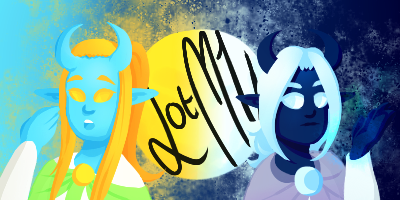
The Independent West
Founding
Nirvejan finally gains its independence from the Empire
Sunniva I knew Nirvejan was trouble. For the entirety of her life, regular riots and atrocities had occurred, and for a few years many Nirvejani had chosen to seek asylum in their neighbouring countries rather than continue to stay in their homeland. With no easy option available, and with people still slightly opposed to her rule, she travelled to Nirvejan in 1308, hosting an open forum where she would personally hear the complaints of her people in the region, with the ability to mail in responses also present. With only minor acts of violence during her visit, she was able to consider all the feedback she received. Her first act was to appoint an interim leader of the region, who would receive orders from her but could otherwise act on their own, choosing a member of the open forum who had the largest amount of supporters. When she returned in 1309, she found a variety of law changes had been made, but that the country had on the whole become more peaceful with this increased level of self determination. She granted further and further independence to the region, while maintaining an arms-length authority over it that allowed Divinitians to remain and to allow her to continue shipping supplies and soldiers. Finally, in 1310, she met with the new leader (who had been elected from inside of the party after the old leader voluntarily stepped down) and for a week straight, negotiated the official terms of their secession. She stood before the crowds in the capital of Nirvejan and declared them an independent republic, free of Imperial oversight. The two countries would maintain, at least for the next few years, a friendly relationship, which would allow citizens from both countries to move around as it suited them (such as Nirvejani returning home while they could), and they would meet again in a few years time to discuss their relationship going forward. Sunniva I does not hold the same amount of respect in Nirvejan as Roshni I does in Maleli, but she is perhaps the most well liked of the Empresses after the civil war in 1256.
